One of the most important decisions you will have to make when creating a trust is choosing the right trustee. This individual will be charged with administering the trust in accordance with the creation documents, and acting in the best interests of the trust and the beneficiaries.
While the former will often be the trustee in a revocable living trust, after the creator passes away a designated trustee will assume all their duties. Additionally, irrevocable trusts or testamentary trusts (those formed through estate planning instruments) will have a trustee designated from the beginning. Because irrevocable trusts cannot be amended after their formation, it’s important to choose a trustee carefully.
Though you might be tempted to choose a family member or close friend to serve as trustee, there are several considerations that you should factor into this choice.
- Will the trustee be able to fulfill their obligations to the trust? Choosing a family member seems like a good idea, but there may be unforeseen issues that prevent them from performing their fiduciary duties. For instance, a family member could become ill or incapacitated during the course of their duties. Family and friends can also become entangled in personal squabbles over estates and finances, so they may be pressured to act contrary to the creator’s intentions.
- Will the trustee remain unbiased? Along these lines, a trustee who is a family member may see their responsibilities differently than the creator did. They may believe that they are taking actions that are in the best interest of the beneficiary, like making investments or withholding disbursements, when the trust itself would indicate that they should act differently.
- Is there a risk of a conflict of interest? If you choose a trustee who stands to benefit from your estate, that can create a conflict of interest in how they fulfill their duties to the trust. For instance, a trustee may choose to sell shares in a family company in a trust, knowing that will increase the value of shares that they are set to inherit under the creator’s estate. Making sure that there is no risk of conflicts is crucial to ensuring that a trust is executed properly.
- Is the trustee equipped to manage the trust properly? Another issue is that a trustee might not have the knowledge necessary to manage a trust effectively. While they might be a trustworthy person and want to fulfill the purpose of the trust to the fullest extent possible, they may simply be incapable of doing so. Choosing a trustee who isn’t financially knowledgeable can be almost as bad as choosing someone who will act duplicitously, as they may invest trust funds poorly.
All of these questions are why it may be advisable to choose a professional trustee or designate an expert in finance and law to be the trustee. These trustees are bound by a fiduciary duty to uphold the purpose of the trust and act in the beneficiary’s best interests. If you’re seeking a professional trustee, contact us today for a complimentary consultation.
